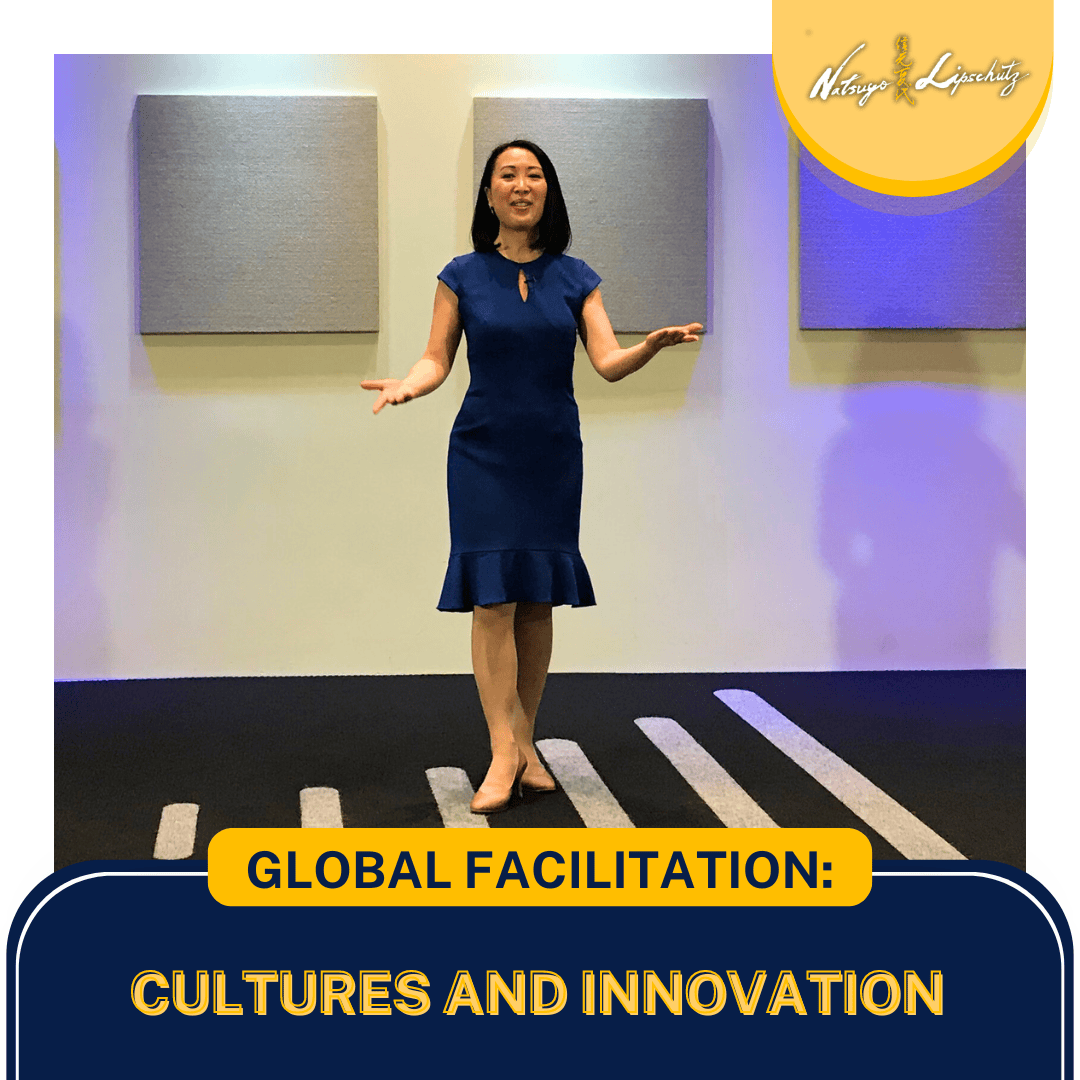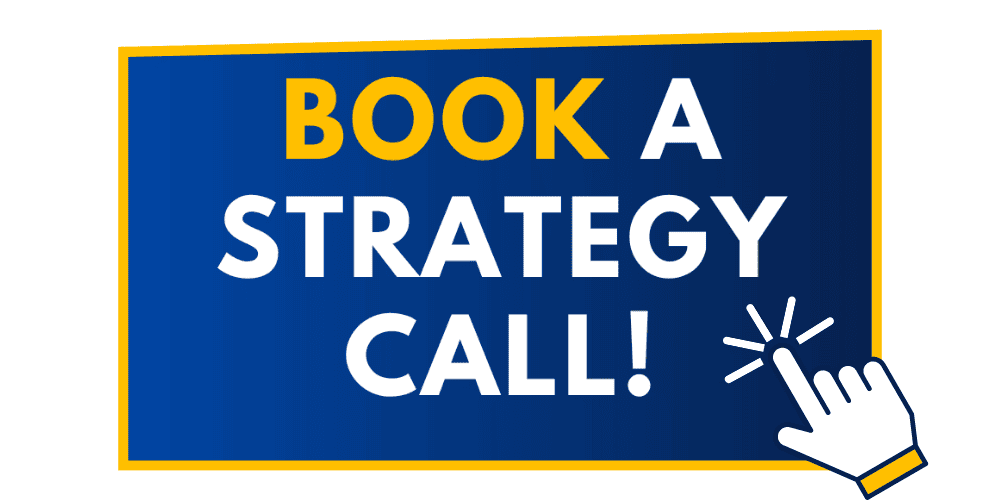
Last week, I facilitated a visionary workshop titled “Future Vision Workshop” for a client company, and what unfolded over two intense days was nothing short of extraordinary. Global Facilitation Skills
Picture this: a melting pot of leaders from across the globe, each with their unique background, language fluency, and professional expertise. As the facilitator, my mission was clear—to harness the power of global facilitation skills and guide this diverse ensemble towards a unified strategic vision.
You may wonder. How does one bridge the gap between diverse cultures, languages, and hierarchical structures to co-create a future that resonates universally? The key? My reliance on active listening, analytical prowess, and the ability to pivot – essential skills for facilitators navigating such complexities.
Day 1 kicked off with high hopes and ambitious goals, and everything was going well….until the very last activity that day. One participant voiced her concern. “I don’t get this framework.” Then cracks began to surface. “Actually, I’m not sure if I’m understanding either…” “Me too…”
The chosen discussion tool fell flat, leaving participants confused. Why did this happen? I asked myself, while reflecting on my facilitation using the 3A’s (my cross-cultural communication model).
It was my “assumption”. As you may have heard me in my signature keynote, in a cross-cultural situation, “assumptions” are the number one killer factor of misunderstandings, mistakes, and mistrust. I had been training this client company’s leaders. I “assumed” that they had mastered the chosen discussion tool. With this assumption, I jump-started the group discussion without reviewing the basics of how this discussion tool works. The truth is, they needed a little more hand-holding.
In a moment of revelation, I also recognized that leaders were accustomed to operating at a tactical rather than strategic level on a daily basis.
Effective cross-cultural communication cannot be achieved in one shot. You need to go through a trial and error process while looping in the 3A’s to reevaluate and pivot your approach.
What happened on Day 1 was a testament of this.
With courage and humility, I pivoted the approach entirely for Day 2. Instead of a top-down, strategy consultant-like approach, I took a bottom-up strategy that empowered every voice in the room. I had to change 75% of the Day 2 content overnight. It was a bold move, but the rewards were beyond measure.
As the workshop unfolded, I witnessed the magic of collaboration and creativity in action. Teams, once mired in confusion, now thrived on shared purpose and collective creativity. From spirited debates to impromptu performances, the energy was electric, fueled by a newfound sense of ownership and camaraderie.
But the true highlight came at the workshop’s close, as the company president—a beacon of inspiration—embraced me with excitement.
“This is EXACTLY how facilitation should be done!! Natsuyo, you showed us a great example!!”
His words echoed in my mind, a testament to the transformative power of global facilitation skills done right.
Reflecting on this whirlwind adventure, I’m reminded of the invaluable lessons learned along the way:
- Cultural Sensitivity: Embrace diversity as a source of strength, not a barrier. Create an inclusive environment where every voice is not only heard but truly listened to through active listening, which is one of the most crucial skills for facilitators.
- Flexibility and Adaptability: In the face of adversity, dare to pivot. Be open to new ideas, feedback, and perspectives, and let them guide your journey toward success. Facilitators don’t need to have answers. The answers always exist within the team. A facilitator’s job is to become a catalyst, bring out the best in each team member, and uncover a spark within.
- Empowerment and Engagement: True leadership lies in empowering others. Foster a culture of collaboration and ownership, where every team member feels heard, and inspired to contribute their best.
- Conflict Resolution: Don’t shy away from conflict; embrace it as an opportunity for growth. Facilitation skills shine best when a team is going through a conflict. Create a safe space for open dialogue and resolution, paving the way for stronger bonds and shared understanding.
- “Yes AND” attitude: Be a beacon of positivity and support, uplifting others and fueling their passion for excellence. Embrace the difference with a “Yes” attitude, “AND” build upon it. This “Yes AND” attitude sparks creativity and collaboration.
The path to success in a culturally diverse world is paved with challenges and opportunities. By mastering the art of global facilitation skills, we can break down barriers, inspire innovation, and lead our teams to greatness.



